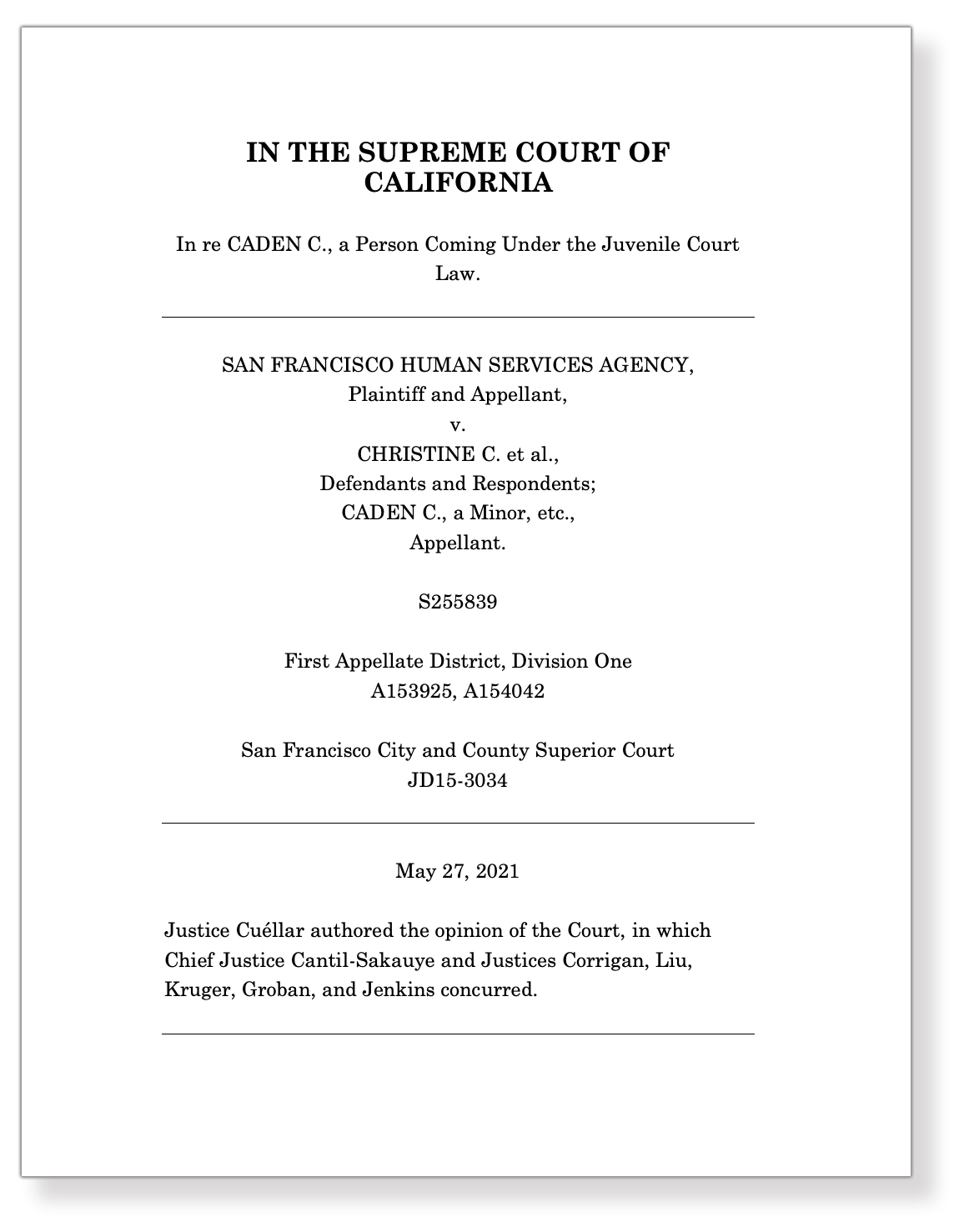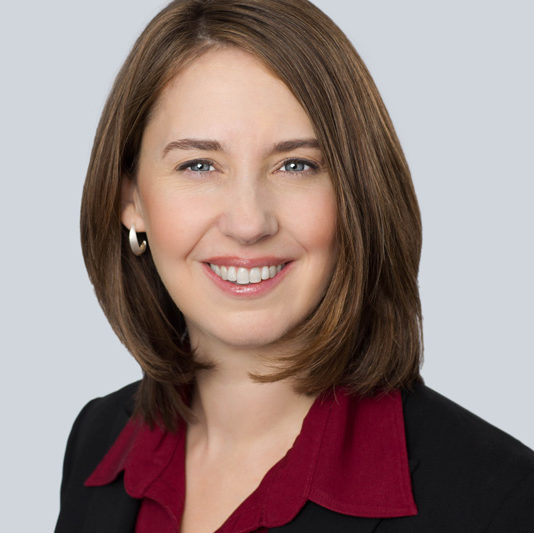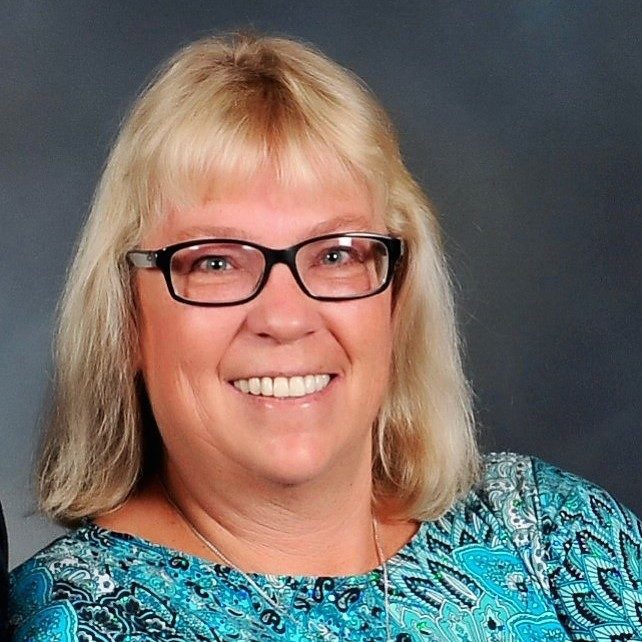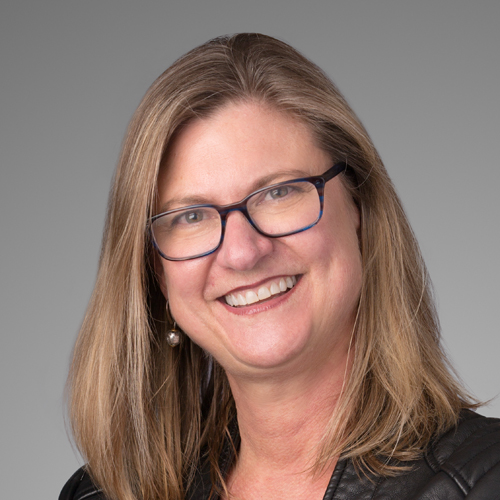Juvenile dependency trials are some of the most difficult. The stakes are lifelong, emotions are high, and the cases can sometimes go on for years.
All minors and indigent parents are provided counsel appointed through various nonprofits and legal assistance programs around the state. Until the late 1990s, parents seeking to reunify with their children were represented by the public defender’s office. Then the Bar Association of San Francisco was granted the contract to provide counsel for all minors and indigent parents. Since then, the bar has vetted scores of lawyers and provided training for panel attorneys.
Now, a case involving two panel attorneys has resulted in a California Supreme Court decision clarifying how courts should decide when to grant parents a continuing relationship with their child, even if they aren’t able to care for them as a custodial parent.

Called the “beneficial relationship” exception, it’s rarely granted. And according to some practitioners, different courts in different counties seem to have varying views of the strength of the exception.
When a child is a dependent, and the parents have been unable to reunify during the dependency, it is presumed to be in the child’s best interest to terminate parental rights and have the child permanently adopted. The beneficial relationship exception allows a parent a chance to prove that the worth of the parent/child relationship outweighs what the child will gain from adoption. If a parent can prove that, the parent can remain part of the child’s life, and the child is then subject to legal guardianship, or long-term foster care.
That’s what Mariko Nakanishi, San Francisco panel attorney, tried to win for Christine C., whose son Caden was removed from her care due to Christine’s mental health issues and drug use. The two were very close, but the mother was unable to regain custody of her son Caden. While in foster care, he wrote a letter saying how he loved his mom and wanted a relationship with her, “in his own 7-year-old way.” San Francisco Unified Family Court Supervising Judge Monica F. Wiley conducted a hearing pursuant to Welfare and Institutions Code section 366.26, known among practitioners as a .26 hearing.
Judge Wiley granted the exception. The San Francisco Human Services Agency and Caden’s guardian ad litem appealed, and the Court of Appeal, First Appellate District panel found that “no reasonable court could find the child’s relationship with his parent outweighed the benefits of adoption.”
Such cases are rarely subject to additional review, but this one was. And in late May, in a decision written by Associate Justice Mariano-Florentino Cuéllar, the California Supreme Court issued a decision in In re Caden C. (2021) 11 Cal.5th 614, clarifying the law, and reversing the Court of Appeal decision. The six other justices concurred.
This mother was by no means perfect, and has no loss of fundamental flaws, but this win in the juvenile dependency court was one of the best examples of the Bar Association’s work. This appellate court decision, if left to stand, would have gutted the beneficial relationship exception all together." — Jill McInerney

“We never see cases go this way,” said Jill McInerney, Dependency Representation Program Manager at BASF, of the 2018 trial court decision. “It’s hard enough to get a bonding study authorized, let alone for it to come out favorably and to use it successfully.”
The parental bond exception is the most common argument attorneys turn to when it comes to countering the termination of parental rights. “This mother was by no means perfect, and has no loss of fundamental flaws, but this win in the juvenile dependency court was one of the best examples of the Bar Association’s work. This appellate court decision, if left to stand, would have gutted the beneficial relationship exception all together,” McInerney said. “The victory going forward is that there is clarity on this issue.”
Nakanishi, who has had the case for eight years, has been on the San Francisco panel for more than seven years. About 40 attorneys are on the panel, 35 of whom are active. “We have a really deep bench, and that’s what makes the program really strong,” McInerney said.
Mark Wasacz of Wasacz Hilley & Fullerton in San Francisco was appointed to represent Caden in 2013 by the Marin County Court, where the dependency case began, due to his mother’s drug use and mental health issues. It was later transferred to San Francisco. Wasacz represents both parents and children and has been a dependency panel member since 2002. “As a member of the parents bar, I’m pleased with the decision, as it maintains the viability of the parent bond exception. As a member of the minor’s bar, I don’t have a strong opinion.”
Nakanishi thought she had a strong case. “As trial counsel for the mother in this case, I have to say that this decision is really not about the mother. It's about the child and what his mother means to him, despite her imperfections. The child in this case who was 8 ½ years old at the time of the 2018 hearing, wanted to have an ongoing relationship with his mother and did not want to be adopted. In my opinion, this decision is not just a win for parents, it's a win for children and families,” she said.
Legally, the Supreme Court's opinion “simply brings us back to what was intended to be the focus of the parental-benefit exception at the .26 hearing — the parent-child relationship, and not a judgment about the parent's flaws to defeat the exception, as has been the trend,” Nakanishi said.

“Whether we represent children or parents in these often difficult and complicated cases, it's important that we have decisions like these to remind us of the importance of the work we do and to help guide us and the courts in making such monumental, life-changing decisions for these children which could result in losing the only family they ever had,” Nakanishi said.
Over the course of her career as an appellate lawyer for parents in dependency cases, Leslie A. Barry, a Certified Child Welfare Law Specialist and the mother’s appellate counsel in the Supreme Court, had filed as many as 30 petitions seeking review in parental bond exception cases. For more than 20 years, none were granted.
It is not about bending over backwards to protect parents. It is about protecting children who love and need their parents despite the parents’ flaws." — Leslie Barry
In practice, Barry does not expect a sea change. “I do not believe the Supreme Court’s interpretation will open the floodgates to indiscriminate application of the exception,” she said. “But what it will do is allow the exception to be applied in the exceptional cases where it was intended to apply since its inception.
Some in the dependency bar have criticized the opinion. “It is not about bending over backwards to protect parents,” Barry said. “It is about protecting children who love and need their parents despite the parents’ flaws.” Barry moved to New Jersey during the pandemic, but continues to handle California dependency appeals.
“This is a victory for mothers and children, and for Mariko and I, but not for Christine and Caden,” Barry said. Over the course of the appellate litigation, Christine’s rights were terminated in a separate hearing, a decision she has appealed. Caden is in a foster care placement and, according to Wasacz “seems to be doing well there.”
 Susan Kostal is a longtime legal affairs journalist. Based in San Francisco, she now serves as a writer and editor for lawyers and law firms. Most recently she served as Associate Director for News & Information at UC Hastings Law.
Susan Kostal is a longtime legal affairs journalist. Based in San Francisco, she now serves as a writer and editor for lawyers and law firms. Most recently she served as Associate Director for News & Information at UC Hastings Law.
